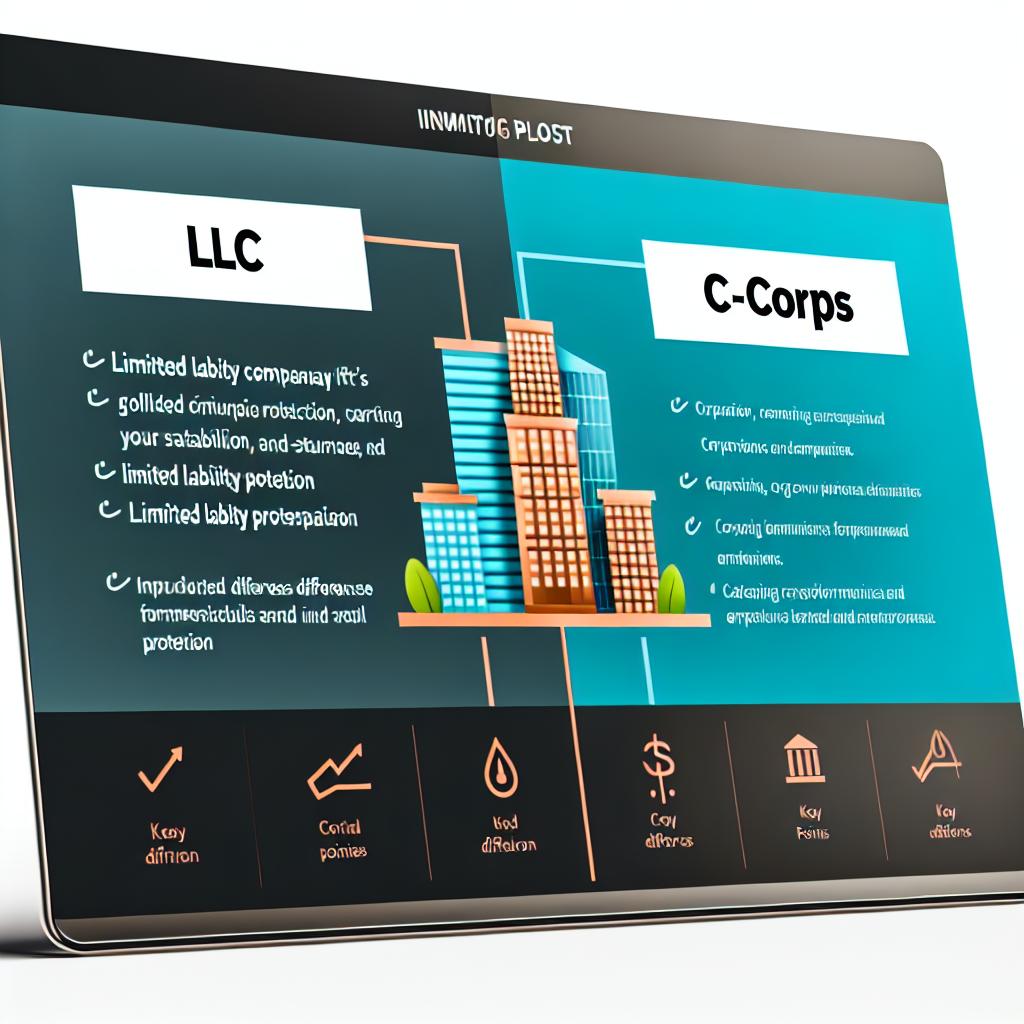5 Things You Need to Know About SAFEs
A Simple Agreement for Future Equity (SAFE) is a legal document used in early-stage fundraising, allowing investors to provide funding to a startup in exchange for the promise of future equity, typically triggered during a future funding round or exit event. There are five things every entrepreneur should know about SAFEs before raising capital:
-Not Debt, Just a Promise: a SAFE is not technically, but rather an IOU. It is a promise to convert the principal amount of the investment into equity when certain conditions are met. While similar to a convertible note, a SAFE is not a loan.
-No Maturity Date or Interest Rates: Unlike traditional convertible notes, SAFEs do not have an interest rate or a maturity date, making the fundraising process simpler and faster for both entrepreneurs and investors.
-No Valuation: Unlike traditional convertible notes, SAFEs do not have a predetermined valuation or valuation cap. This avoids a highly speculative (and possibly highly contentious) discussion about what your startup is worth before it has revenue, an MVP, or even a prototype.
-Conversion Triggers: SAFEs typically convert into equity upon a specific event, such as a priced equity financing round or a company's exit. Entrepreneurs need to understand these triggers to plan for future dilution and investor expectations.
-Investor Protections: SAFEs may include investor-friendly terms, such as a Most Favored Nation (MFN) clause, which ensures that investors receive the best terms offered to future investors, protecting their investment and incentivizing early support.
Entrepreneurs should consult legal professionals to ensure the SAFE agreement aligns with their business needs and goals. Hill Point Ventures can help you understand the legal implications and potential scenarios of a SAFE to prevent future disputes and complications.

 By
By


